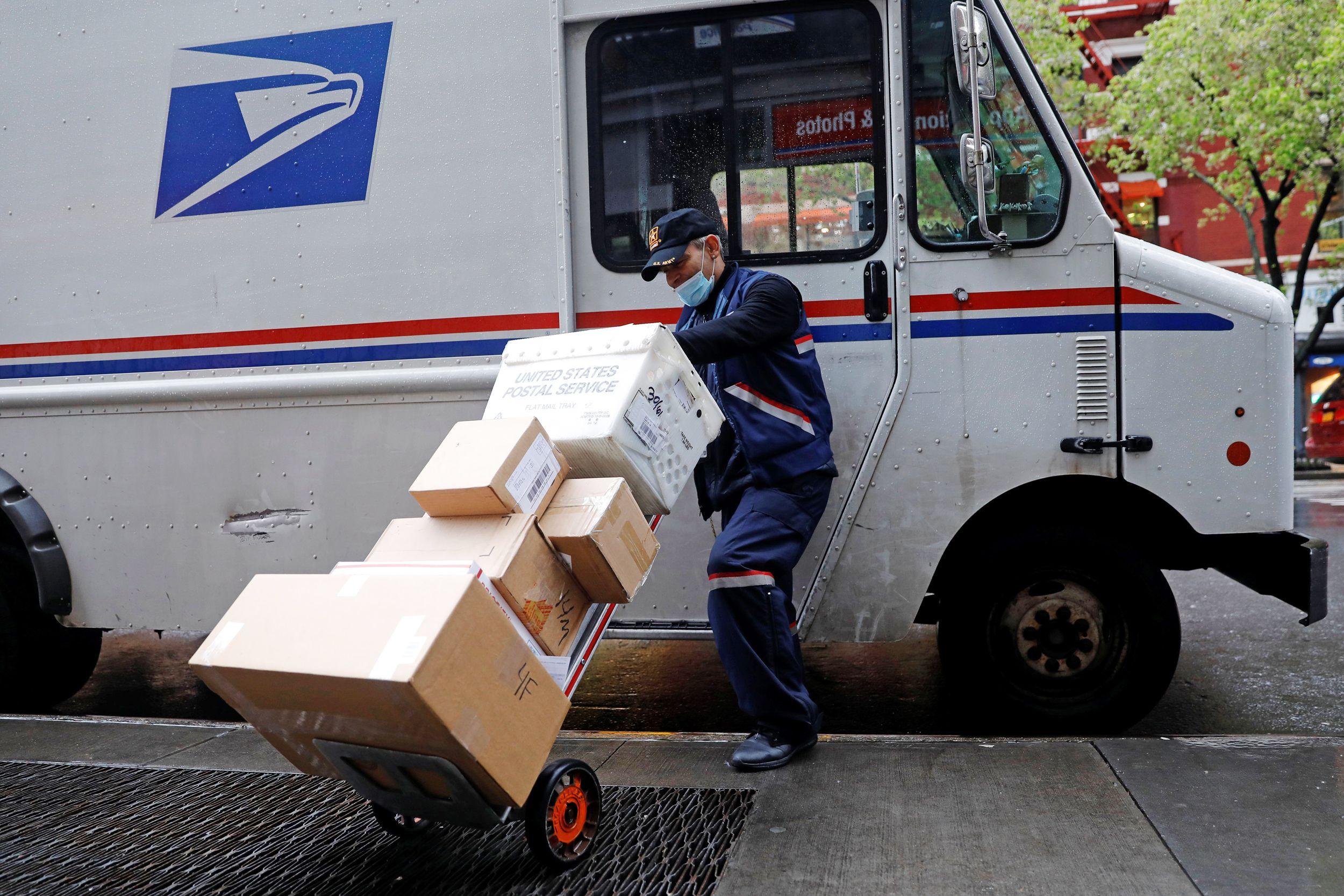Members of the United States Senate Homeland Security and Governmental Affairs Committee has said that the USPS and US Customs Border Protection is not enforcing some of the laws that are in place to prevent international opioid trafficking.
According to the 2018 Synthetics Trafficking and Overdose Prevention (STOP) Act, all foreign post offices must send advanced electronic data (AED) on every package heading for the United States. Every incoming package needed to comply with this by January 1, 2020, but the USPS has said that only 66% met these requirements at January 1, 2020.

According to Robert Cintron, the USPS vice president of logistics:
A portion of inbound international packages will not be accompanied by AED, and the Postal Service stands ready to keep these packages out of the U.S. mainstream. Absent alternatives, this will disrupt, to one degree or another, the flow of international mail.
Data from AED is used to create a risk profile, for packages coming in, this data includes the package’s sender, the recipient, the package weight, and the contents of the package. This data, including the country of origin, will allow Customs to screen packages that are coming from high-risk countries.
Customs is can seize packages without this data and use the package to conduct a controlled delivery.
The STOP Act gives CBP the power to seize, destroy, or make controlled deliveries using packages that dont have AED. CBP was supposed to submit regulations to to show their procedure for packages that do not have AED by October 2019.
CBP only submitted these regulations in August 2020. And these rules are still going through “department-level review.” The biggest problem appears to be with the volume of mail coming into USA. And CBP has stated that it lacks the resources to seize and make controlled deliveries of every package without AED.
The CBP’s director for cargo and conveyance, Thomas Overacker, said that the agency has to “make day-to-day decisions on that, based on the volume of mail without AED or the volume of mail that is comingled,”
The CBP has said that 136 countries are eligible for AED waivers, they can wait for one year before complying with AED requirements. The Countries eligible for waivers “lack the technical capability to send this data to USPS or deliver a low volume of packages to the U.S. and are considered a low-risk country of origin.”
USPS and CBP are required under the STOP Act to create a joint plan for managing AED by December 2018. This plan was submitted in March 2019.
The chairman of the HSGAC permanent subcommittee on Investigations, Sen. Rob Portman, said that not a single deadline was met.

Possible Struggle between USPS and CBP
Sen. Maggie Hassan said:
The Post Office, already having been impacted by the pandemic, may, in fact, have to spend more of its time at the height of people needing the post office at its full capacity, may need to be turning back packages and spending time and effort because CBP did not do its job — and that is unacceptable,
The damning conclusion is that the United States Postal Service and the Customs and Border Protection have completley failed to implement regulations for dealing with the flow of opioids from high-risk countries.
Vendors on dark web markets use the USPS and should pay attention to this.
